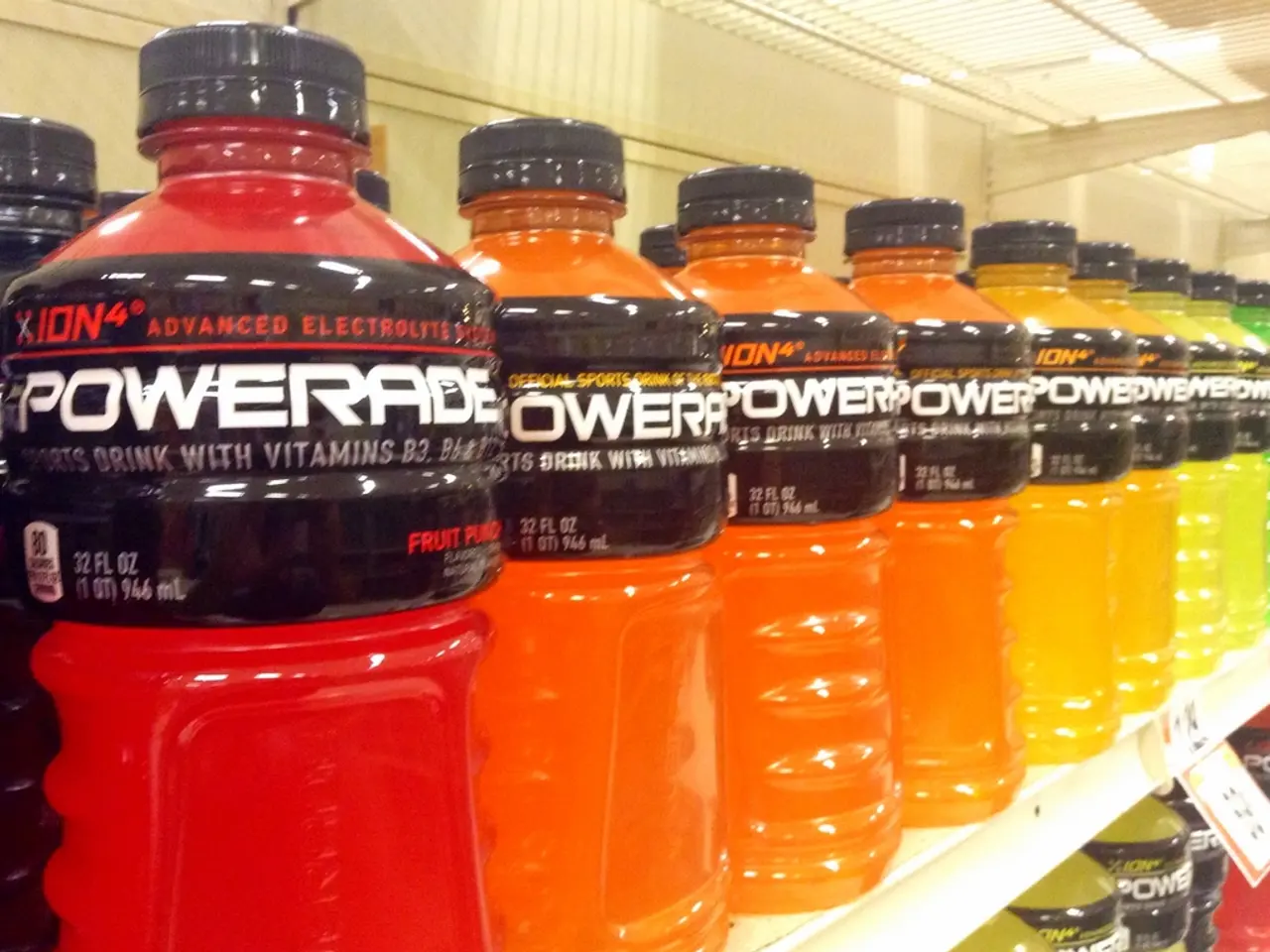Supreme Court Questions Potential Arbitrary Actions by FDA Regarding Vape Items
The U.S. Supreme Court is currently hearing oral arguments in the case FDA v. Wages and White Lion Investments, LLC. At the heart of the arguments is the transparency and consistency of the Food and Drug Administration (FDA) in denying product applications, particularly those related to nicotine vaping devices.
The Consumer Choice Center, an independent, nonpartisan consumer advocacy group, is closely monitoring the case. Elizabeth Hicks, the US Affairs Analyst of the Consumer Choice Center, has expressed concern over the potential impact on consumers. Hicks stated that the case underscores the need for fairness and transparency in regulatory processes.
The FDA's rejection of applications by manufacturers Triton and Vapetasia for flavored nicotine vaping devices has been criticized by Hicks. She believes that the FDA's rejections may place enormous hurdles on firms providing harm-reduction alternatives for adult smokers who are transitioning away from traditional cigarettes.
The Federal Association of the Tobacco Industry and Novel Products (BVTE) in Germany is another organization calling for policymakers and regulators to prioritize consumer access to safer alternatives and ensure regulatory clarity around nicotine products.
The case has been accused of a "regulatory switcheroo" by the U.S. Court of Appeals for the 5th Circuit, which affirmed the manufacturers' allegations that the FDA acted arbitrarily and capriciously when denying numerous premarket tobacco product applications (PMTA).
Associate Justice Clarence Thomas observed that the FDA guidance was a "moving target" that shifted throughout the process. Associate Justice Neil Gorsuch lamented that applicants were not granted conditions for jury trials in administrative cases, as outlined in SEC v. Jarkesy.
The American Medical Association, on the other hand, is an advocate for the prohibition on flavored e-liquids.
This case is significant for regulatory accountability related to public health and consumer choice. Hicks has championed the benefits of freedom of choice, innovation, and abundance in everyday life for consumers in over 100 countries. She believes that denying adult smokers access to safer alternatives like flavored vaping devices could have dire consequences for harm-reduction efforts.
For more information about the Consumer Choice Center, visit www.consumerchoicecenter.org.








